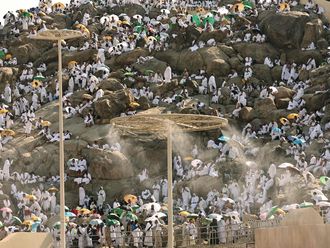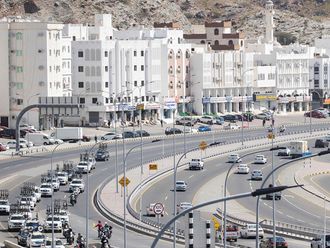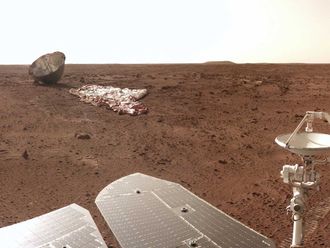Muscat: Scientists at the Sultan Qaboos University (SQU) have made a breakthrough in their research for the conservation of the endangered wild animals in Oman, according to a press release on Monday.
The biotechnologists at the Department of Biology of the College of Science at the SQU, have collected semen of the Arabian Tahr (Waal al Arabi, Arabitragus jayakari), an endangered specie, and has successfully frozen it for later use in reproductive biology to conserve the animal.
Dr. Senan Baqir, who is leading this project, said that this is the first ever research project to investigate the Waal male fertility.
He added that the high viability of the collected and frozen semen can be used in reproductive biotechnologies such as artificial insemination and embryo transfer, to rapidly increase the numbers of the endangered Arabian Waal.
The success of the project would, he believes, help in removing Tahr from the ‘red list' of endangered animals prepared by the International Union for Conservation of Nature (IUCN).
According to him the project can be expanded to other endangered wild animal species of Oman such as the Nimir Al Arabi, Caracal, sand fox and the Arabian wolf. "The frozen samples can be the beginning of the establishment of a gamete bank or cell bank in future," he said.
The number of endangered animals in Oman is on a declining path despite the huge effort and investment made by the government.
Dr. Khalid Al Rasbi, of the Royal Court Affairs Veterinary Services Division, an associate with this project, said that the continued decline in the population of endangered species is inevitable and carried out with conditions that go beyond government control such as cyclones, pollution, extreme hot weather, drought and smuggling.
The entire world population of Arabian Tahr occurs in the mountains of northern Oman and the United Arab Emirates, where it prefers north facing slopes between 1,000 and 1,800 m, which are characterized by relatively high rainfall, cooler temperatures and diverse vegetation.












